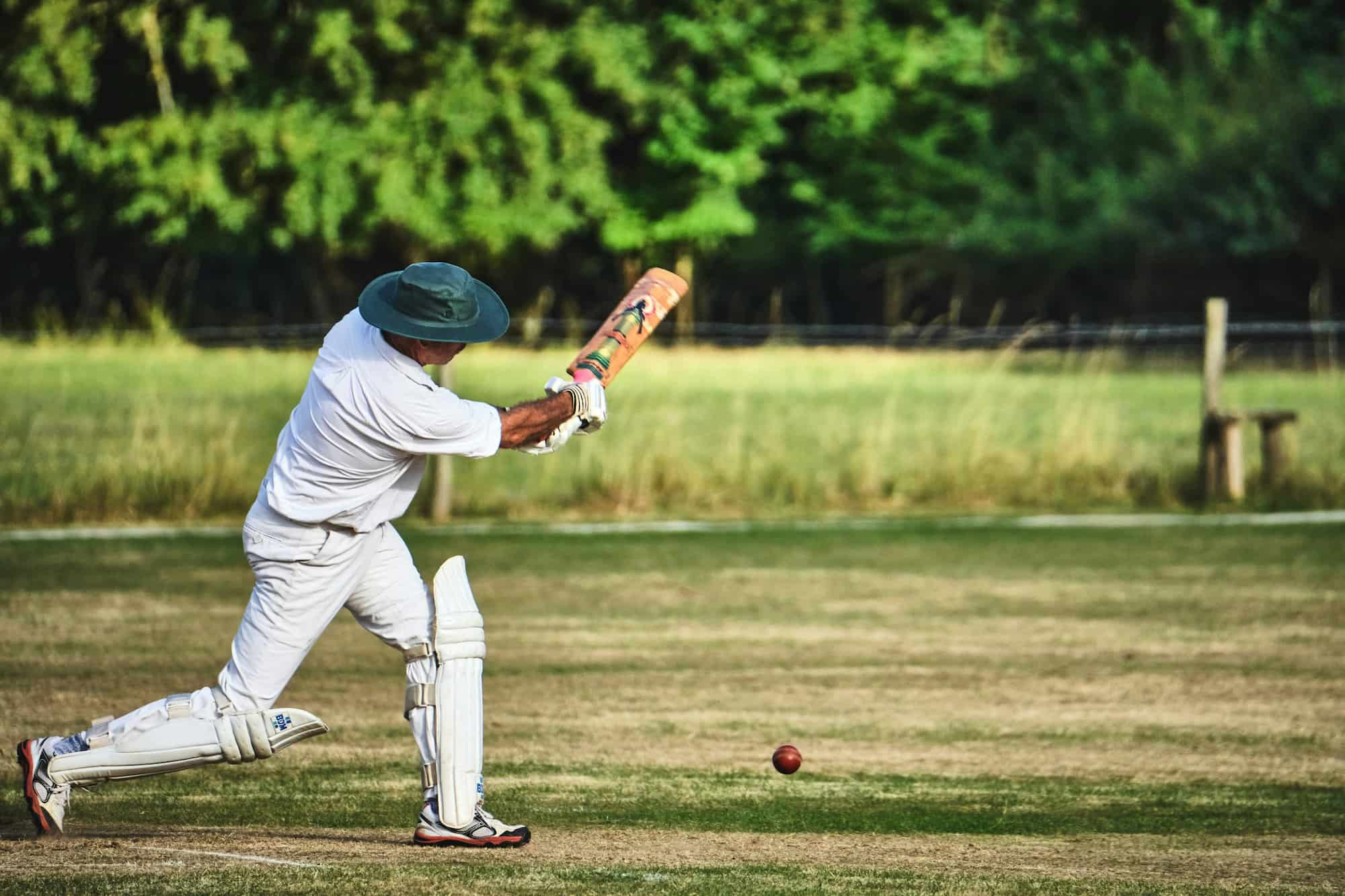Sports betting is often seen as a mix of luck and skill. While luck plays a significant role in the outcome of any given event, skill determines how consistently successful a bettor can be over time. Understanding the balance between these two factors is essential for anyone looking to improve their betting strategies and make informed decisions.
Luck in Sports Betting: The Unpredictable Factor
The Role of Randomness
Luck is an unavoidable aspect of sports betting. Games and matches are inherently unpredictable, and even the most prepared bettor cannot account for every variable. A last-minute injury, a weather change, or an unexpected referee decision can completely alter the outcome.
Examples of Luck in Action
- A soccer match where the underdog scores in the final minutes.
- A favorite team losing because of an unforeseen injury to their star player.
- A horse slipping at the finish line in a race.
These moments remind us that no matter how much research is done, luck can always tilt the scales.
Skill in Sports Betting: The Controllable Element
The Importance of Research and Analysis
While luck determines short-term results, skill plays a larger role in long-term success. Skilled 22Bet bettors rely on research, statistics, and analysis to make calculated bets. Key skills include:
- Understanding odds: Knowing how to interpret odds and find value bets.
- Researching teams and players: Staying informed about form, injuries, and head-to-head stats.
- Bankroll management: Setting a budget and betting responsibly to minimize losses.
Strategies That Rely on Skill

- Value Betting: Placing bets where the odds offered by the bookmaker are higher than the actual probability of the outcome.
- Hedging: Minimizing potential losses by placing additional bets on opposing outcomes.
- Line Shopping: Comparing odds across multiple bookmakers to get the best possible payout.
These strategies require careful planning and knowledge, making them less reliant on luck.
The Balance Between Luck and Skill
Short-Term vs. Long-Term Outcomes
In the short term, luck often overshadows skill. A beginner might win big on their first bet purely due to chance. However, over the long term, skill becomes the dominant factor. Consistent winners are those who develop and refine their strategies while minimizing the influence of luck.
Managing Expectations
To succeed in sports betting, it’s crucial to acknowledge the role of both luck and skill. Expect occasional losses due to luck but focus on improving skills to achieve better results over time.
Tips for Balancing Luck and Skill in Sports Betting
- Stay Disciplined: Avoid emotional decisions and stick to your strategies.
- Analyze Past Bets: Learn from wins and losses to refine your approach.
- Start Small: Test strategies with smaller bets to minimize risk.
- Be Patient: Accept that luck may lead to short-term losses but trust your skills for long-term success.
Conclusion: Mastering the Game
Sports betting is a game of probabilities where both luck and skill play essential roles. Luck determines the unpredictable twists and turns of individual events, while skill allows bettors to make informed decisions and maintain consistency over time.
By embracing the unpredictable nature of sports while honing skills like research and bankroll management, bettors can strike a balance between chance and expertise. Success in sports betting comes from understanding this dynamic and staying committed to long-term improvement.
